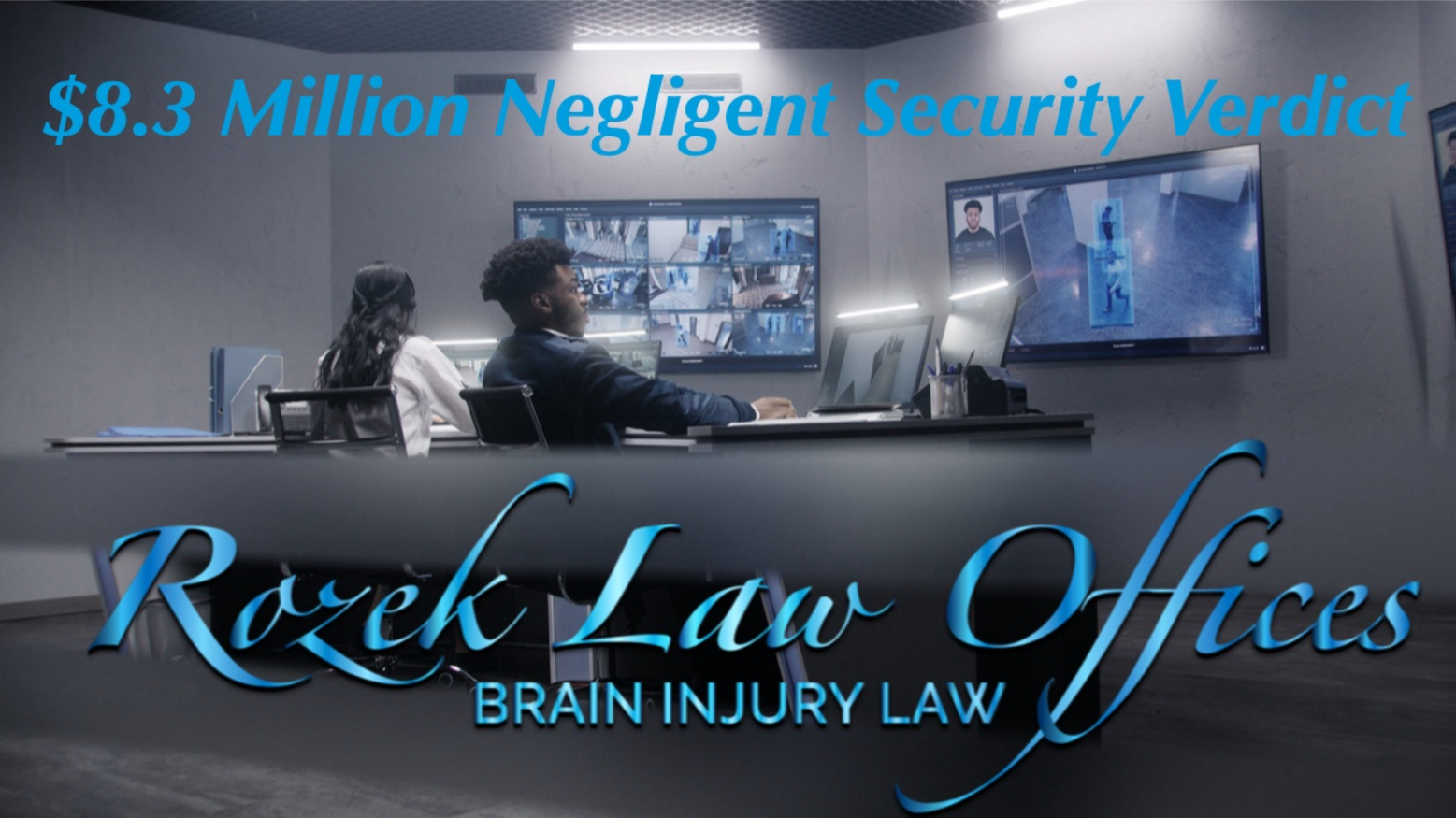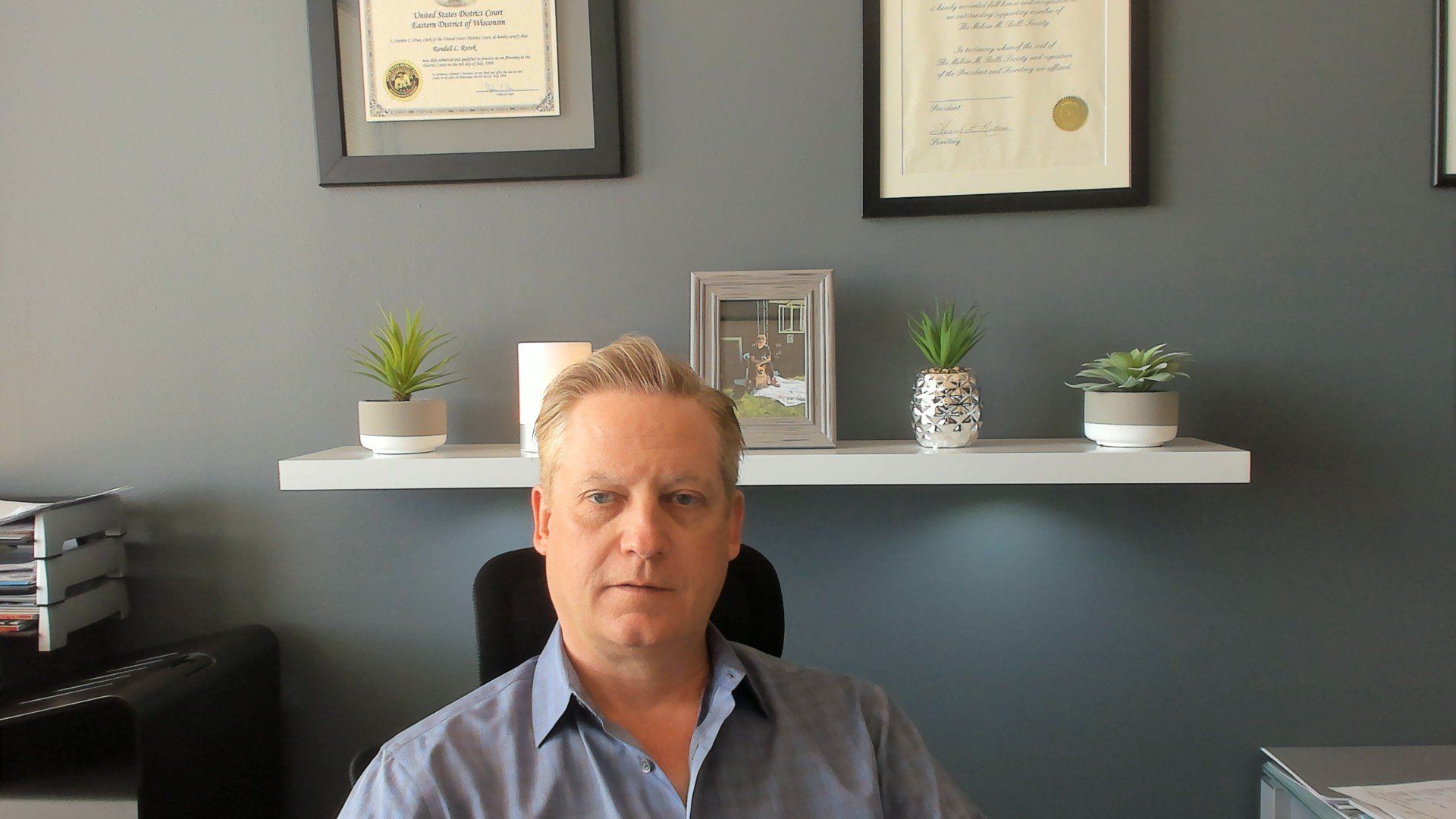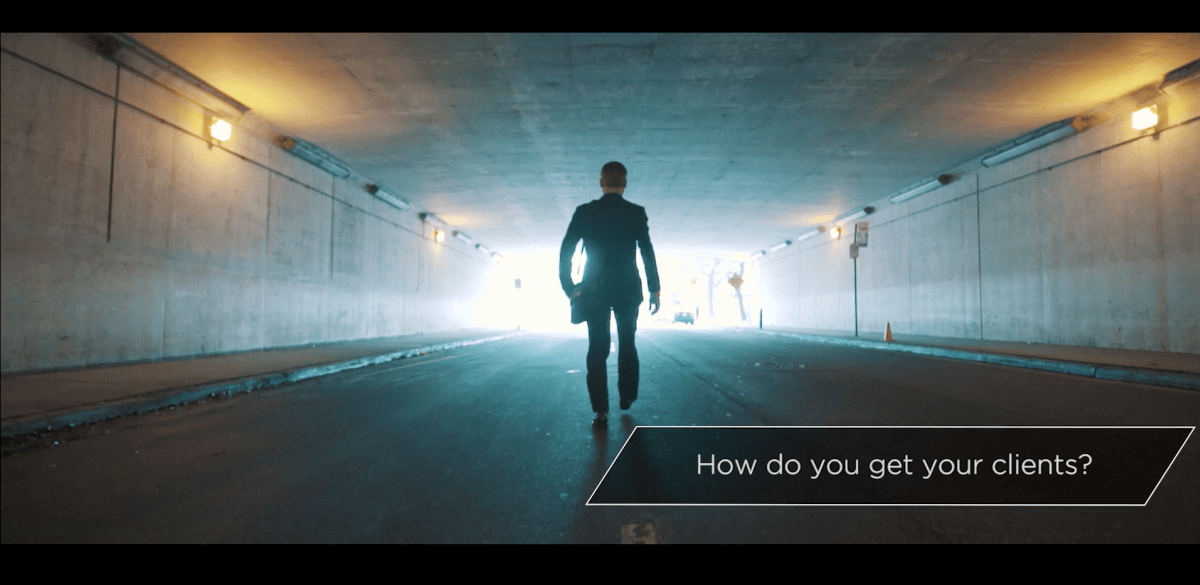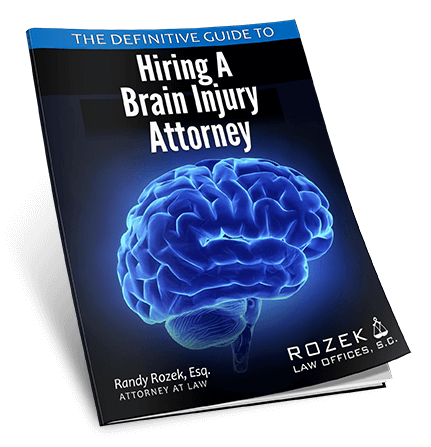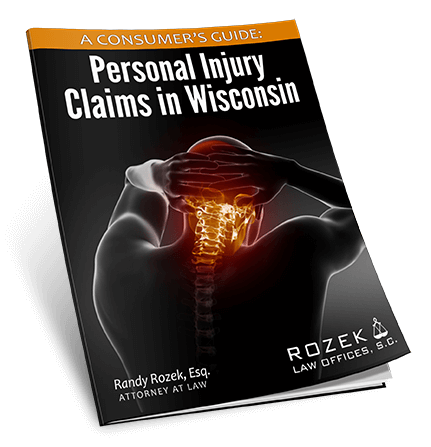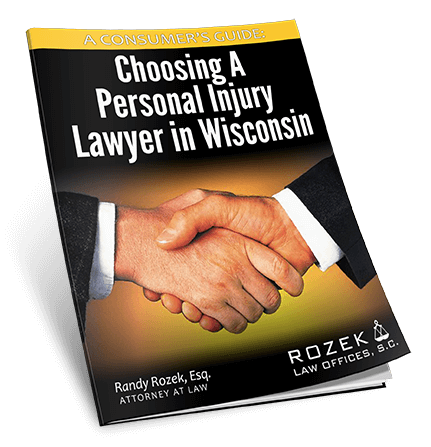Study shows instructor-led brain training beneficial for TBI patients
The Center for BrainHealth at The University of Texas at Dallas recently led a study that revealed a particular type of instructor-led brain training can stimulate structural changes in the brain and various neural connections in patients with traumatic brain injury (TBI) several years after the injury occurred.
“The findings, published in Brain and Behavior , further suggest that changes in cortical thickness and neural network connectivity may prove an effective way to quantitatively measure treatment efficacy, an ability that has not existed until now,” according to a press release published on the university website. “Building upon previous research, the study challenges the widely held belief that recovery from a TBI is limited to two years after an injury.”
A traumatic brain injury can interfere with the way the brain works, including the way cognitive functions communicate within the cellular network.
“For people with chronic TBI, they may have trouble with daily tasks such as creating shopping lists and resolving conflicts with others for many years after the injury,” Dr. Kihwan Han, research scientist at the Center for BrainHealth and lead author of the study is quoted as saying in the press release. “These findings provide hope for people who thought, ‘This is as good as my recovery is going to get’ and for the medical community who have yet to find a way to objectively measure a patient’s recovery.”
Researchers studied 60 adults who sustained a TBI and are suffering from symptoms an average of eight years following their injury. The participants were placed into one of two groups: a strategy based group or a knowledge-based training group.
“Over an eight-week period, the strategy-based training group learned strategies to improve attention and reasoning,” the article reads. “The knowledge-based training group learned information about the structure and function of the brain as well as the effects of sleep and exercise on brain performance.”
Han said the findings offer hope to those who felt they would not get any better following their brain injury. It also measures the patients’ recovery process.
“Magnetic resonance imaging measured cortical thickness and resting-state functional connectivity (rsFC) before training, after training and three months post-training. Previous studies have shown that cortical thickness and rsFC can be potential markers for training-induced brain changes,” the article reads.
The study revealed that the patients who were in the strategy-based training group showed a greater change in their cortical thickness and connectivity compared to those who received the knowledge-based training.
“Changes in cortical thickness and functional connectivity also correlated to an individual’s ability to switch between tasks quickly and consistently to achieve a specific goal,” the article reads.
Rozek Law Offices, S.C.
2810 Crossroads Dr Ste 4046
Madison, Wisconsin 53718
(608) 208-1147





